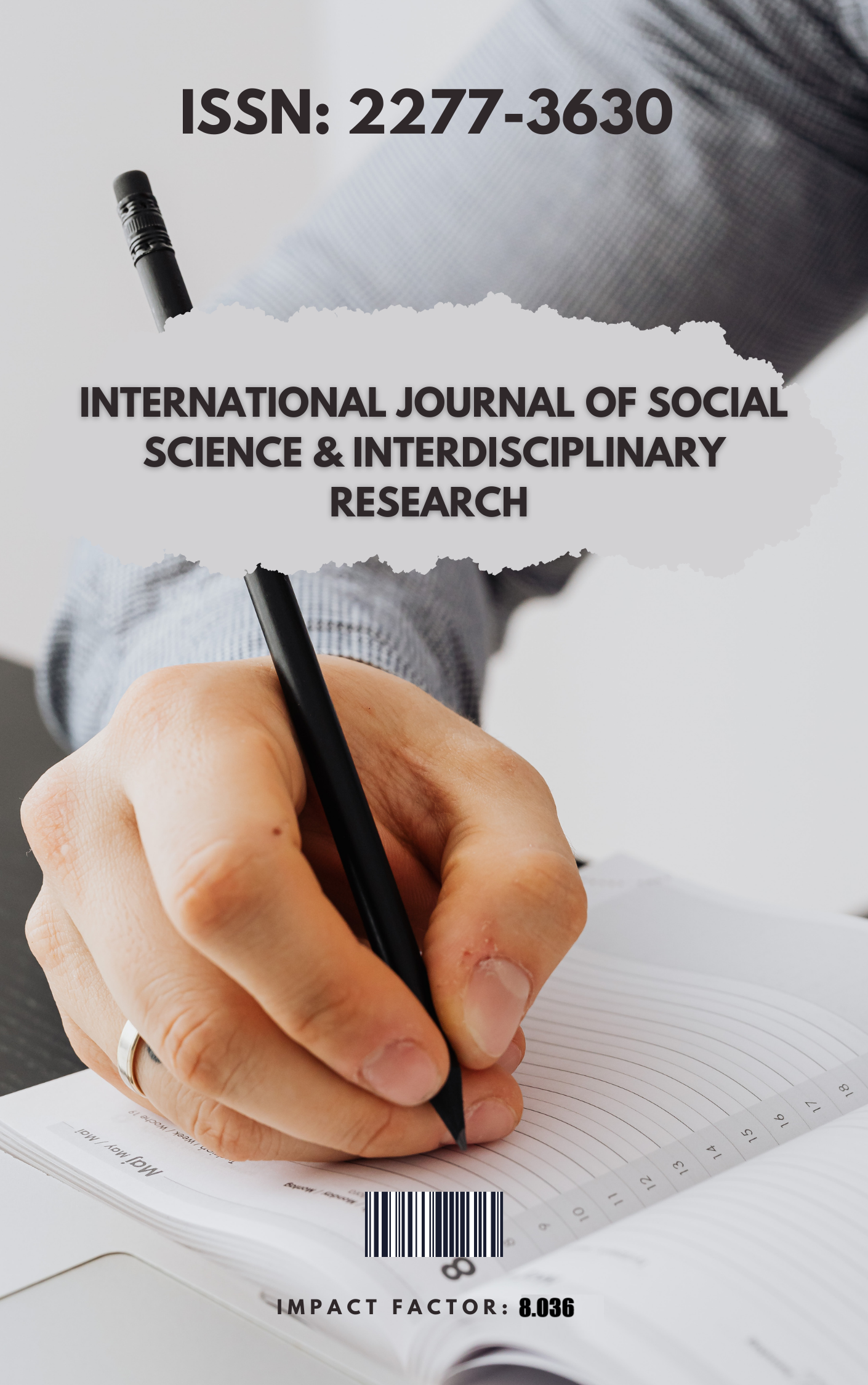THE IMPACT OF COVID-19 LOCKDOWN ON PARENTS' MENTAL HEALTH
Keywords:
COVID-19 pandemic, Mental health, Parental stress, Remote education, ChildcareAbstract
Parents are a crucial population vulnerable to mental health issues, especially during difficult periods, such as the COVID-19 pandemic lockdown and subsequent school closure. The attachment theory of developmental psychology posits that parents serve as external regulators of young children's emotional states. Caring for children in difficult times requires parents to comprehend children’s emotional states, control their behaviors, and provide them with comfort and response. However, the burden of care can be overwhelming during extreme situations, and the psychosocial crisis of uncertainty, fear, and anxiety about the pandemic might worsen psychological distress in parents. Local lockdown at the end of January 2020 was adopted by the Chinese government as an integral part of its anti-COVID-19 strategy. Research has suggested that parenting daily hassles during children's remote schooling are associated with parents' parenting efficacy and mental health, which is consistent with the framework in developmental trauma research. Considering the widespread and serious consequences of the COVID-19 pandemic, addressing parenting daily hassles and their effects on parents' mental health during the lockdown is necessary. The unprecedented public health crisis sheds light on the active parenting role since young children cannot care for themselves at home. Parents play a critical part in helping young children cope with negative emotional experiences brought about by the COVID-19 pandemic and social isolation. The burden of parenting may exceed parents' thinking capacity.
References
S. Li, Q. Xu, J. Xie, L. Wang et al., "Associations of parenting daily hassles with parents’ mental health during the COVID-19 school closure," 2022. ncbi.nlm.nih.gov
K. C. Thomson, E. Jenkins, R. Gill, C. G. Richardson et al., "Impacts of the COVID-19 Pandemic on Family Mental Health in Canada: Findings from a Multi-Round Cross-Sectional Study," 2021. ncbi.nlm.nih.gov
S. Petrocchi, A. Levante, F. Bianco, I. Castelli et al., "Maternal Distress/Coping and Children's Adaptive Behaviors During the COVID-19 Lockdown: Mediation Through Children's Emotional Experience," 2020. ncbi.nlm.nih.gov
M. S. Johnson, N. Skjerdingstad, O. V. Ebrahimi, A. Hoffart et al., "Mechanisms of parental distress during and after the first COVID-19 lockdown phase: A two-wave longitudinal study," 2021. ncbi.nlm.nih.gov
S. Chartier, M. Delhalle, A. Baiverlin, and A. Blavier, "Parental peritraumatic distress and feelings of parental competence in relation to COVID-19 lockdown measures: What is the impact on children’s peritraumatic distress?," 2021. ncbi.nlm.nih.gov
J. Dawes, T. May, A. McKinlay, D. Fancourt et al., "Impact of the COVID-19 pandemic on the mental health and wellbeing of parents with young children: a qualitative interview study," 2021. ncbi.nlm.nih.gov
A. El-Osta, A. Alaa, I. Webber, E. Riboli Sasco et al., "How is the COVID-19 lockdown impacting the mental health of parents of school-age children in the UK? A cross-sectional online survey," 2021. ncbi.nlm.nih.gov
Downloads
Published
How to Cite
Issue
Section
License
Copyright (c) 2025 GEJournals

This work is licensed under a Creative Commons Attribution-NonCommercial-NoDerivatives 4.0 International License.





